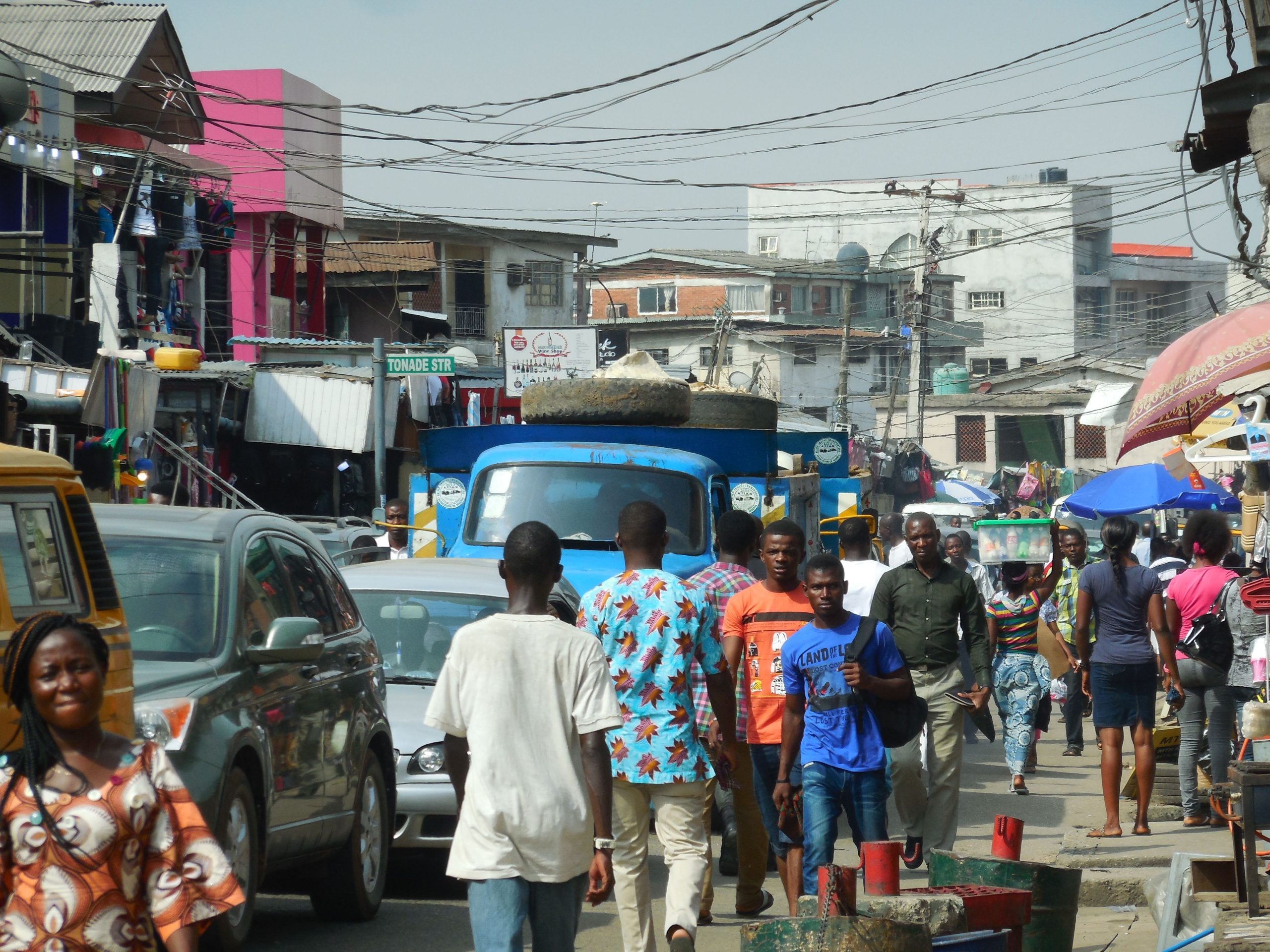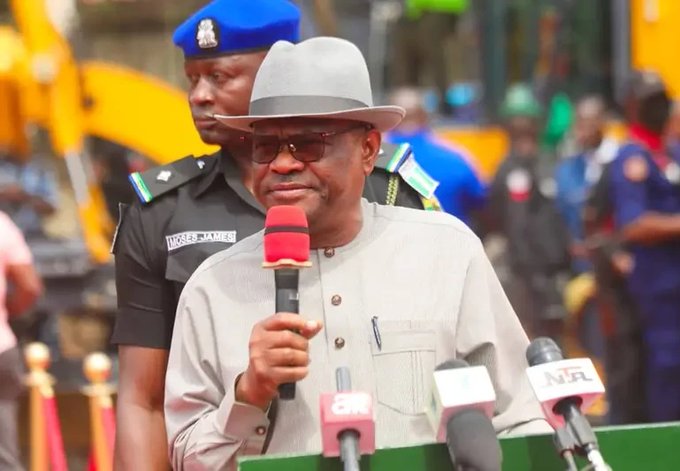Nigeria’s private sector experienced its first decline in employment in seven months, according to the Stanbic IBTC Bank Purchasing Managers’ Index (PMI) report for November.
The drop ends a six-month streak of job creation, with the services sector being the hardest hit.
The report indicated that while the reduction in staffing levels was marginal, it highlights the challenges businesses are facing due to rising costs and weakening demand.
Inflationary pressures, exacerbated by a weakened currency and escalating fuel and raw material costs, continue to strain business operations.
“Employment was also down, thereby ending a six-month sequence of job creation. The pace of reduction was only marginal, however, as the overall fall in staffing levels was limited to just services firms,” the report stated.
In November, new orders showed a slight recovery following a sharp decline in October, but demand remained subdued due to high prices deterring customers.
Consequently, output in the private sector declined for the fifth consecutive month, though at a slower rate compared to previous months.
The headline PMI stood at 49.6 in November, up from October’s 46.9 but still below the 50.0 threshold that indicates expansion.
This marked the fifth consecutive month of contraction, signalling ongoing economic challenges for businesses.
Input costs continued to rise sharply, driven by higher energy and raw material prices, as well as increased staff costs.
Many businesses raised selling prices to offset these costs, although the pace of inflation slowed slightly from October.
Sectoral performance was mixed. Agriculture and manufacturing saw modest increases in output, while wholesale & retail and services sectors contracted further.
Businesses reported reduced purchasing activity and inventory levels, reflecting a cautious approach amid inflationary pressures.
Despite these challenges, supply chain conditions improved slightly, with firms reporting shorter delivery times due to reduced road congestion and more efficient supplier competition.
However, business confidence hit a record low, with firms expressing concerns about continued inflation and weak demand.
Muyiwa Oni, Head of Equity Research West Africa at Stanbic IBTC Bank, highlighted the disconnect between the PMI and broader economic performance.
While the PMI points to weakening business conditions, Nigeria’s non-oil GDP grew by 3.46% year-on-year in Q3 2024, up from 3.19% in Q2.
Oni attributed growth in the non-oil sector to ICT, finance, trade, and agriculture.
Looking ahead, he expects Nigeria’s economy to sustain its growth momentum in Q4 2024, buoyed by festive season activities and a recovery in crude oil production.
Oni revised his full-year growth forecast to 3.2%, up from 3.1%.







































Leave a comment